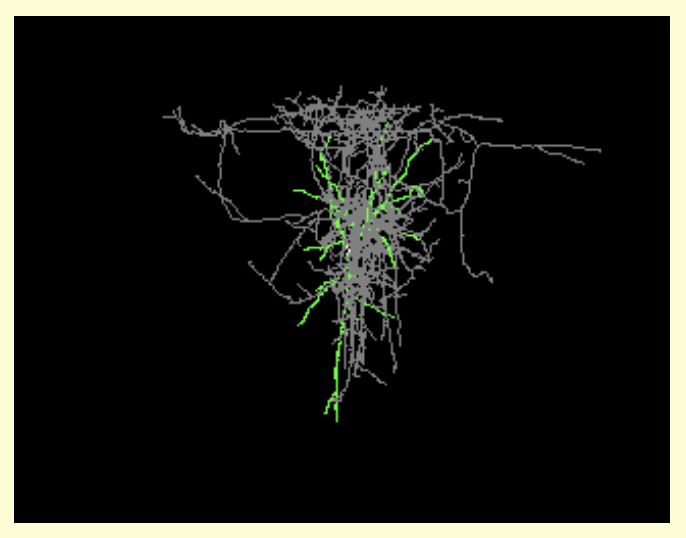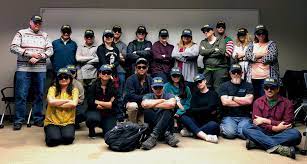URL: http://bioinformatics.rutgers.edu/Software/SLiQ/
Proper Citation: SLIQ (RRID:SCR_005003)
Description: Software for simple linear inequalities based Mate-Pair reads filtering and scaffolding. A set of simple linear inequalities (SLIQ) derived from the geometry of contigs on the line that can be used to predict the relative positions and orientations of contigs from individual mate pair reads and thus produce a contig digraph. The SLIQ inequalities can also filter out unreliable mate pairs and can be used as a pre-processing step for any scaffolding algorithm. This tool filters mate pairs and then produces a Directed Contig Graph (contig diGraph). Also provided is a Naive scaffolder that can then produce scaffolds out of the contig diGraph.
Abbreviations: SLIQ
Synonyms: Simple linear inequalities, SLiQ: Simple linear inequalities based Mate-Pair reads filtering and scaffolding
Resource Type: software resource
Defining Citation: PMID:23057825
Keywords: python, scaffolding, contig position, contig orientation, bio.tools
Expand Allis listed by |
|
is listed by |
|
is listed by |
|
has parent organization |
We found {{ ctrl2.mentions.total_count }} mentions in open access literature.
We have not found any literature mentions for this resource.
We are searching literature mentions for this resource.
Most recent articles:
{{ mention._source.dc.creators[0].familyName }} {{ mention._source.dc.creators[0].initials }}, et al. ({{ mention._source.dc.publicationYear }}) {{ mention._source.dc.title }} {{ mention._source.dc.publishers[0].name }}, {{ mention._source.dc.publishers[0].volume }}({{ mention._source.dc.publishers[0].issue }}), {{ mention._source.dc.publishers[0].pagination }}. (PMID:{{ mention._id.replace('PMID:', '') }})
A list of researchers who have used the resource and an author search tool
Find mentions based on location

{{ ctrl2.mentions.errors.location }}
A list of researchers who have used the resource and an author search tool. This is available for resources that have literature mentions.
No rating or validation information has been found for SLIQ.
No alerts have been found for SLIQ.
Source: SciCrunch Registry





